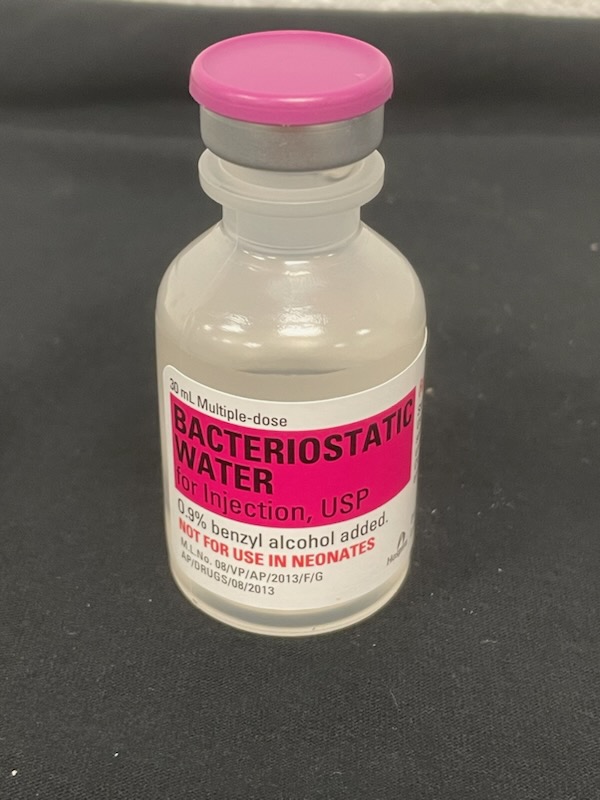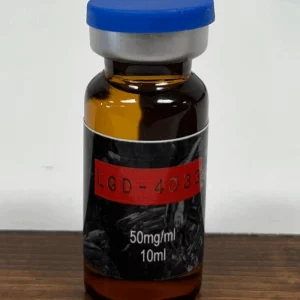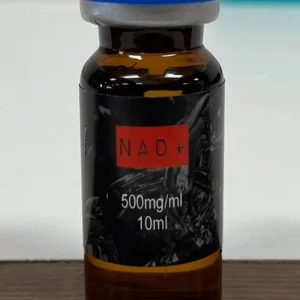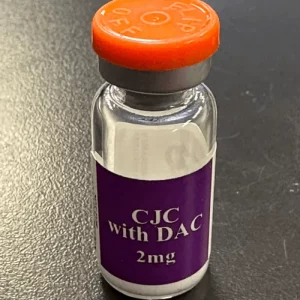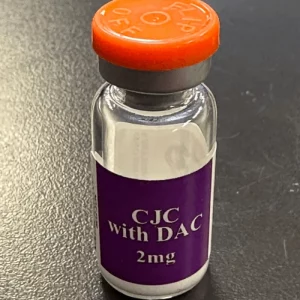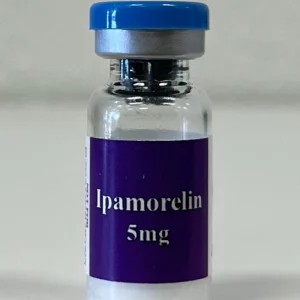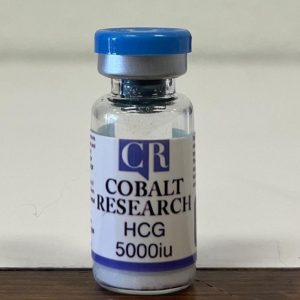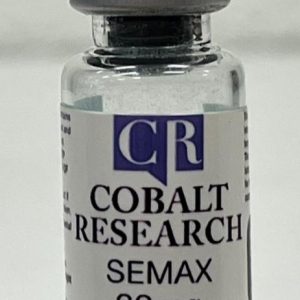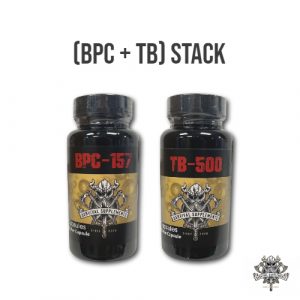Bacteriostatic Water for Injection 30mL – Sterile, USP
$34.99
Key Features & Benefits of Bacteriostatic Water
-
✅ USP-Grade Sterility
Complies with U.S. Pharmacopeia standards for safe use in research and compounding. -
✅ 0.9% Benzyl Alcohol
Acts as a bacteriostatic agent to prevent microbial growth in multi-user applications. -
✅ Multi-Dose Vial
Resealable rubber stopper designed for multiple withdrawals within 28 days. -
✅ Versatile Applications
Perfect for medication reconstitution, injection research, and scientific studies. -
✅ Secure & Discreet Shipping from the United States
Ships fast in sterile, protective packaging with privacy in mind.
What is Bacteriostatic Water?
Bacteriostatic water is a sterile, non-pyrogenic solution of water that contains 0.9% benzyl alcohol, a preservative that inhibits bacterial growth. It is not used as a therapeutic agent by itself but as a diluent or reconstitution medium for injectable medications such as peptides, hormones like HGH, and antibiotics.
Unlike sterile water for injection, which is intended for single-use only, bacteriostatic water can be used multiple times over 28 days, provided proper aseptic technique is followed. This makes it especially valuable in research, hormone therapy, and clinical compounding environments, where multi-dose vials reduce waste and improve efficiency.
The presence of benzyl alcohol not only preserves the integrity of the solution between uses but also makes bacteriostatic water ideal for laboratory injection protocols, reconstitution of lyophilized drugs, and veterinary medicine. However, it is not recommended for use in newborns or infants due to potential toxicity from benzyl alcohol.
Common Uses of Bacteriostatic Water
-
Reconstituting peptides or hormones (e.g., HGH)
-
Preparing medications for injection
-
Diluting solutions for research injections
-
Mixing with insulin or other compounds for testing
Bacteriostatic Water Storage Instructions
-
Store at 20°–25°C (68°–77°F)
-
Do not freeze
-
Discard vial 28 days after initial use
-
Keep the vial sealed between uses to maintain sterility
Safety & Warnings
-
Not for use in neonates.
-
For research and laboratory use only, unless directed by a healthcare provider.
-
Possible side effects may include mild irritation at the injection site.
Bacteriostatic Water Product Specifications
| Feature | Description |
|---|---|
| Volume | 30mL |
| Alcohol Content | 0.9% Benzyl Alcohol |
| Type | Multi-dose Sterile Vial |
| Application | Reconstitution, Injection Research |
| Compliance | USP Standard |
| Shelf Life After Opening | Up to 28 Days |
Frequently Asked Questions (FAQs)
-
What is bacteriostatic water used for in injection preparation?
Bacteriostatic water is commonly used to dilute or reconstitute medications, peptides, or hormones for injection purposes in medical and research settings. -
Is bacteriostatic water safe for human use?
Yes, when used as directed and in compliance with medical guidelines, it is safe for adults. However, it is not recommended for neonates due to the presence of benzyl alcohol. -
Can you use bacteriostatic water for HGH reconstitution?
Yes, it’s one of the preferred solvents for reconstituting Human Growth Hormone (HGH) due to its sterility and preservative. -
How long does bacteriostatic water last after opening?
Bacteriostatic water should be used within 28 days of opening, provided it is stored properly. -
What is the difference between sterile water and bacteriostatic water?
Sterile water is single-use and preservative-free, while bacteriostatic water contains benzyl alcohol, allowing multi-dose use. -
Does bacteriostatic water contain benzyl alcohol?
Yes, it contains 0.9% benzyl alcohol, which prevents bacterial growth in the vial. -
Is bacteriostatic water the same as sterile water for injection?
No, they serve similar purposes but differ in formulation and intended usage. Bacteriostatic water includes a preservative for multi-use. -
Can bacteriostatic water be injected alone?
It is not typically injected by itself. It is meant for mixing or diluting other injectable substances. -
What is in bacteriostatic water?
It consists of sterile water and 0.9% benzyl alcohol as a bacteriostatic preservative. -
What are the side effects of bacteriostatic water?
Potential side effects include local irritation, allergic reaction to benzyl alcohol, and injection site discomfort. -
Can I use bacteriostatic water for peptides?
Yes, it is widely used to reconstitute peptides in research and clinical compounding environments. -
Is bacteriostatic water good for insulin syringes?
It is suitable for preparing medications that are injected with insulin syringes, but not for injecting insulin itself. -
How should bacteriostatic water be stored?
Store at room temperature (68°–77°F / 20°–25°C) and keep it sealed when not in use. -
Does bacteriostatic water expire?
Yes. Once opened, the vial is good for up to 28 days. An unopened vial should be used before the expiration date indicated by the manufacturer. -
Can I use bacteriostatic water for lab research?
Absolutely. It is commonly used for scientific and laboratory injection preparation. -
Is bacteriostatic water injectable?
Yes, but it must be used in combination with other substances for injection and never injected alone unless specifically prescribed. -
Where can I buy bacteriostatic water online?
You can purchase it directly from our website with free shipping and discreet packaging. -
Why does bacteriostatic water have benzyl alcohol?
Benzyl alcohol prevents microbial growth, allowing the vial to be used safely multiple times. -
Can you reuse bacteriostatic water?
Yes, the presence of benzyl alcohol allows for multiple withdrawals over 28 days when handled aseptically. -
Is bacteriostatic water used for veterinary applications?
Yes, it’s frequently used in veterinary medicine to reconstitute injectable compounds. -
What’s the pH of bacteriostatic water?
The pH typically ranges from 4.5 to 7.0, aligning with USP requirements for injection safety. -
Can bacteriostatic water be used to mix with testosterone?
While some research uses exist, always follow clinical guidelines or a healthcare provider’s instructions when compounding hormones.
Related products
BPC-157 + TB-500 Stack
In stock

